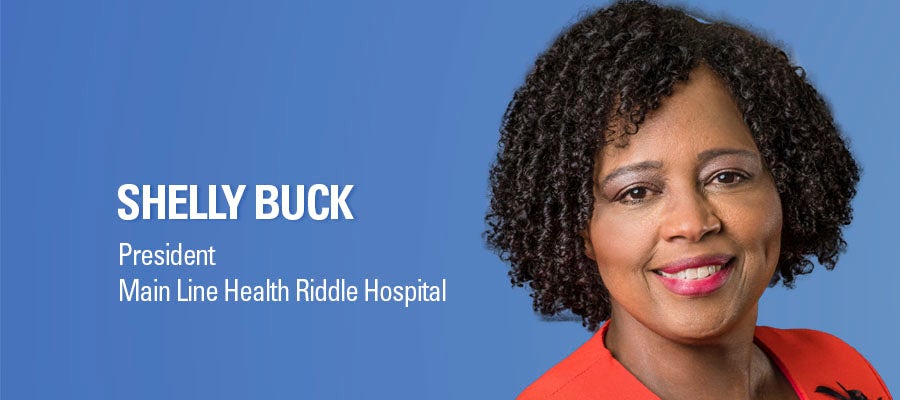The Power of Women in Health Care When the Barrier Breaks

I’ve often been asked how I became a hospital president and why. When I started my career in health care, I entered as a registered nurse. It didn’t take long for me to move from the bedside to management, then to administration and finally to the executive level of leadership. As I strived to expand the impact my leadership had on health care outcomes, it became even more apparent that there were very few women and even fewer women of color in CEO or president roles. This was a problem I believed I needed to help solve for many reasons.
The presence of women in leadership positions within the health care sector, including CEOs and presidents of health systems, brings a multitude of benefits to both the organizations and the broader health care landscape. Additionally, the increase in the number of Black women holding hospital or CEO positions today signifies a positive shift towards greater diversity and inclusivity in health care leadership.
Women in leadership roles, particularly as CEOs or presidents of health systems, contribute to a more diverse and well-rounded decision-making process. Research has consistently shown that diverse leadership teams lead to better problem-solving, enhanced creativity and a broader range of perspectives. In the health care sector where patient populations are diverse, having women at the helm helps to ensure that the unique needs and experiences of both female patients and health care professionals are better represented and addressed.
Furthermore, women leaders are often associated with a strong focus on collaboration and relationship building. In health care, where teamwork and effective communication are crucial, women CEOs and presidents tend to foster environments that promote open dialogue, knowledge sharing and interdisciplinary cooperation. This can lead to improved patient care coordination, streamlined processes and a more positive work culture.

Shelly Buck at the Main Line Health Riddle Hospital pavilion grand opening, June 2023.
Empirical evidence also highlights the positive impact of women leaders on financial performance. Studies have suggested that companies with women in leadership roles tend to be more financially successful. Women CEOs and presidents are more likely to implement strategies that emphasize long-term sustainability, efficient resource management and patient-centered care, ultimately benefiting both the organization's bottom line and the quality of care delivered.
As for the representation of Black women in president or CEO positions, in recent years there has been a promising increase. While challenges related to gender and racial bias persist, the growing number of Black women in leadership roles signifies a notable step towards breaking down barriers and promoting diversity in health care leadership. Seeing individuals who look like them in influential roles can encourage young Black women to pursue careers in health care administration, leadership and other critical areas.
The presence of women — particularly Black women as CEOs or presidents of health systems — brings a range of benefits. As health care continues to evolve, fostering an inclusive leadership landscape that reflects the diversity of patient populations will undoubtedly lead to more patient-centered and effective health care systems.
Shelly Buck is the president of Main Line Health Riddle Hospital.
